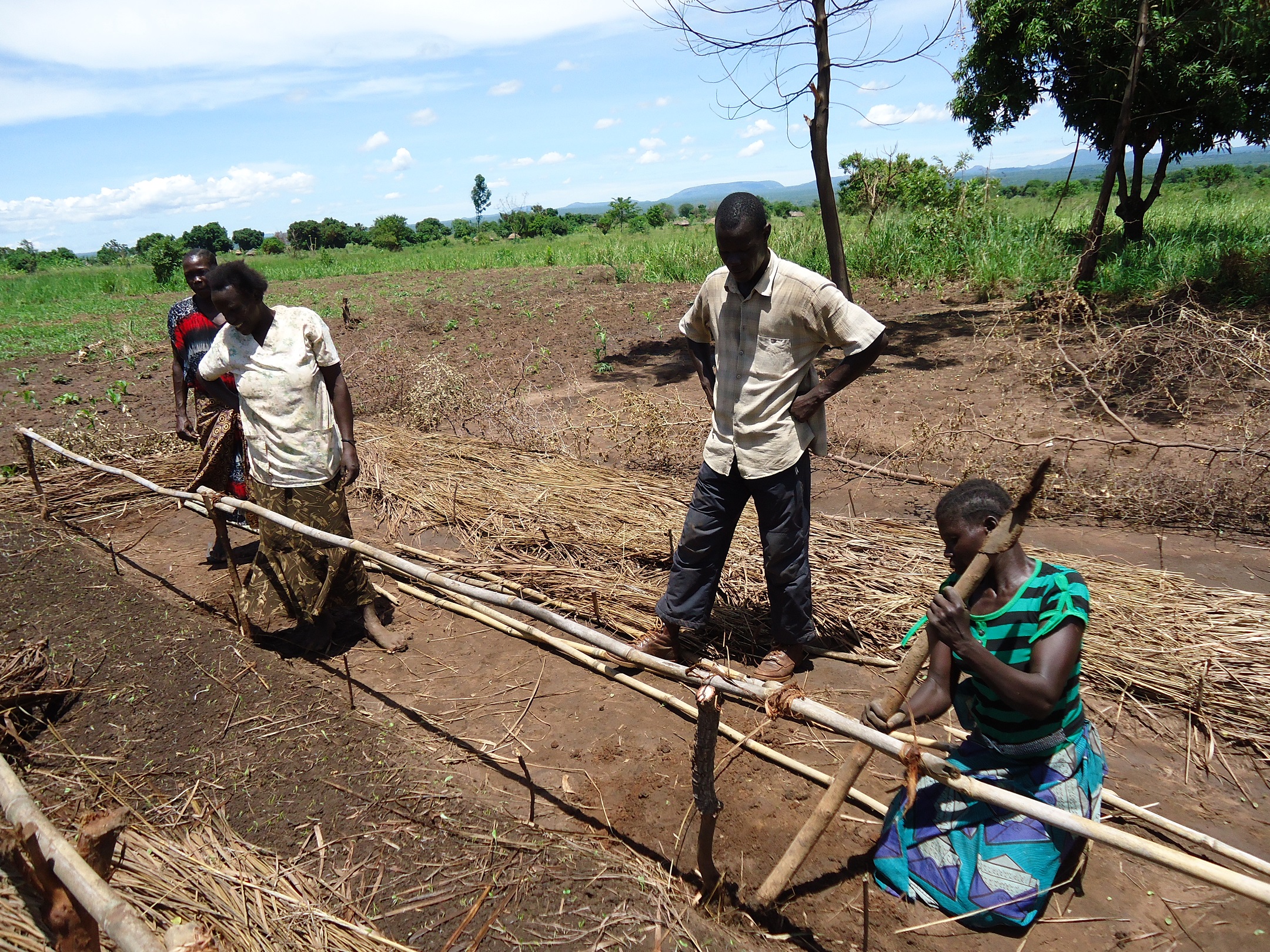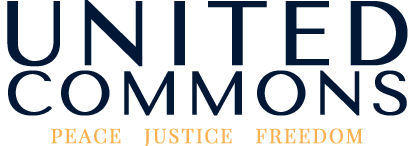![]()

PAST PROJECTS

ATIAK, UGANDA
Atiak is located in Amuru District, about 65km north-west of Gulu town, located at the border with Sudan and Adjumani district. Being at the Uganda-Sudan border, Atiak had been an entry point of the Lord’s Resistance Army (LRA) from Sudan and thus suffered most from the cross border rebel atrocities during the two decades of conflicts. The LRA committed an intentional campaign of ethnic cleansing of the Acholi people and kidnapping children, forcing them into roles of child soldiers and sexual slaves, both being forms of modern slavery. The 1995 massacre saw the LRA kill over 300 people in a single night. This massacre and other subsequent attacks devastated Atiak, leaving hundreds of orphans, single parents and child headed families in the community. Former child soldiers and sexual slaves were left deeply traumatised and faced stigmatisation by their community upon attempts to return and integrate.
Being an agricultural community, a decade of life in IDP Camps meant that people had not been able to engage in any meaningful farming due to lack of stability and security in the region as well as limited access to farming land. People lost all traditional sources of income. This dramatically aggravated the poverty level in the region.
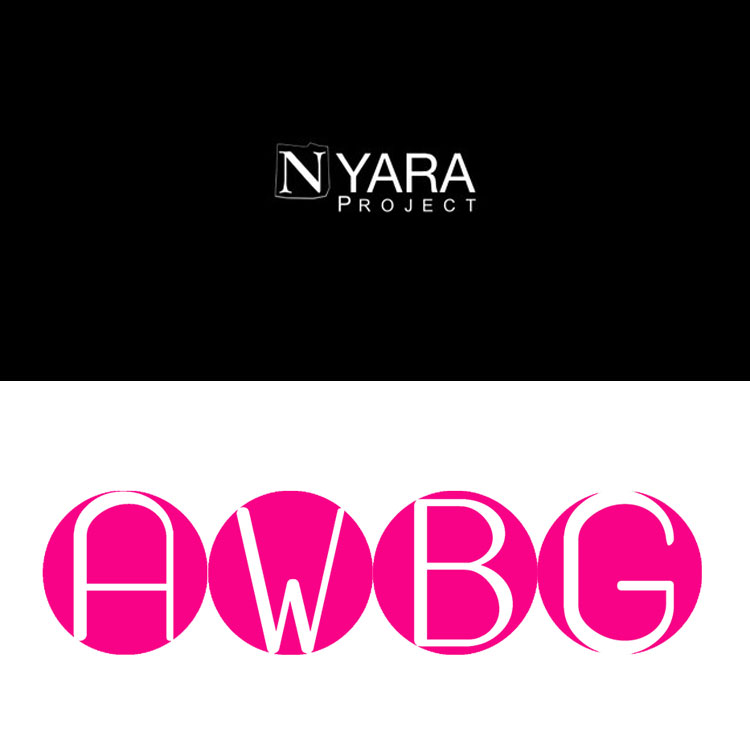
NYARA PROJECT
Nyara means “my daughter” in Acholi, the native language of Gulu. In Attiak we worked to improve the welfare of vulnerable women and children affected by armed conflict in Northern Uganda.
Our beneficiaries included child mothers, former child soldiers and sex slaves, girls in child-headed households or sibling families (the parents are both dead and the eldest is the “mother”), HIV/AIDS orphans, and widows – most of which are living with HIV/AIDS.

They all lived in an IDP camp as internally displaced people in Atiak. The project centered on micro-enterprising: job creation and village banking. The women received small business and development training as well as group dynamics training for collective mental health support. The women initiated and created the Atiak Women’s Business Group (AWBG) with its own voting board and leadership.
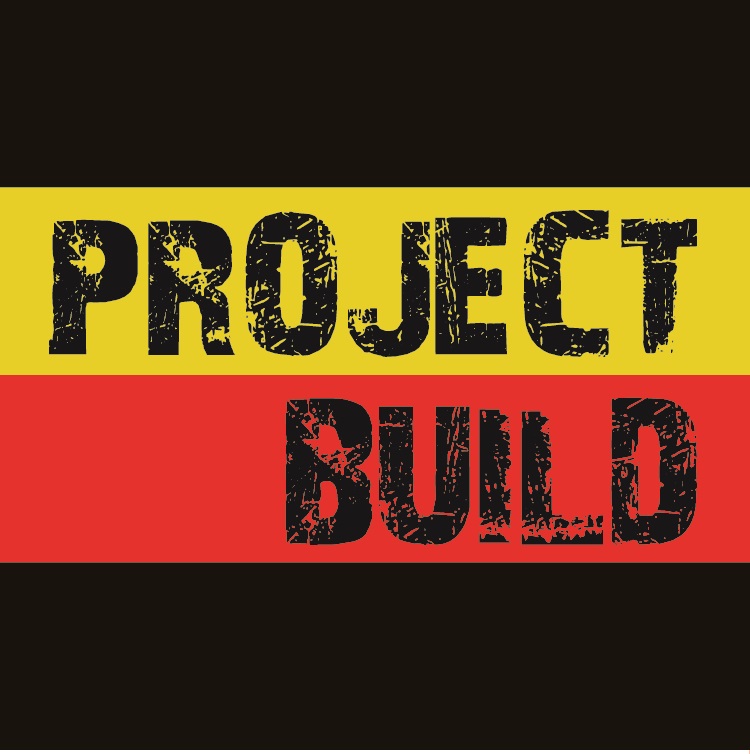
PROJECT BUILD
Project Build met the urgent immediate need of our beneficiaries who were all rendered homeless by forced evacuation of internally displaced camps in Atiak. Permanent granting of family and tribal land was negotiated by local stakeholders to give to each woman. Each parcel of land provided room for a traditional adobe hut home and land for subsistance farming.
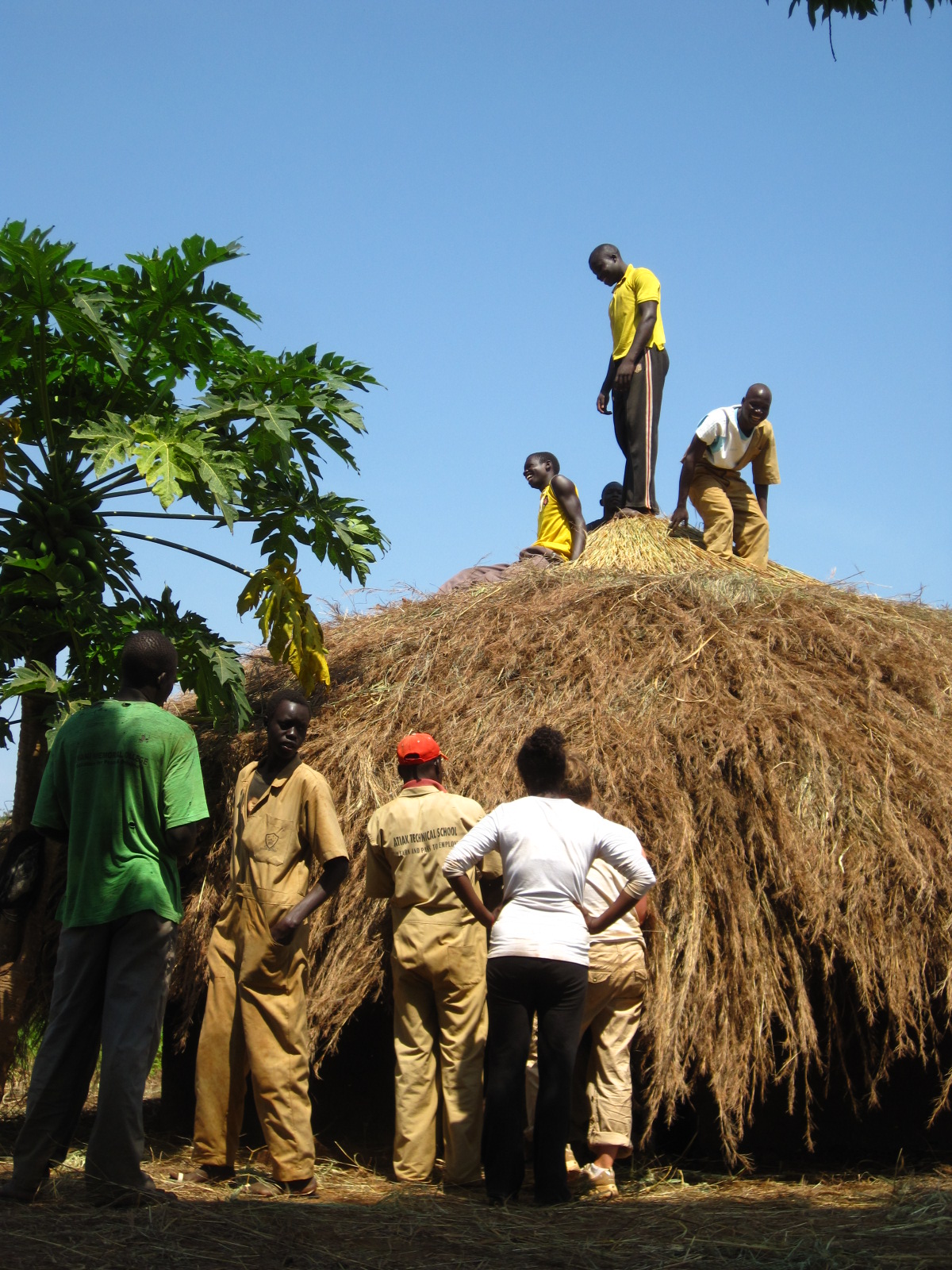
The initiative invited volunteers from Canada to join Atiak Technical School students in the construction of homes for each woman and her children. The project managed to successfully build homes for all the women and their children, totalling over 100 people, by Christmas. The technical students were paid for their labour which provided enough finances to pay for their school tuition. Typically technical students would make an arduous journey to Sudan (now South Sudan) for work in the summer break to raise funds for their tuition. The project allowed them to earn fair wages safely and contribute in a meaningful way to rebuild their community.

ORGANIC FARMING
With the land negotiated under Project Build, each woman was able to initiate organic farming. Training in agricultural methods indigenous to Acholiand was held by locals. The subsistance farming fed two birds with one seed: providing food for her own family and producing vegetables to sell in the market.

